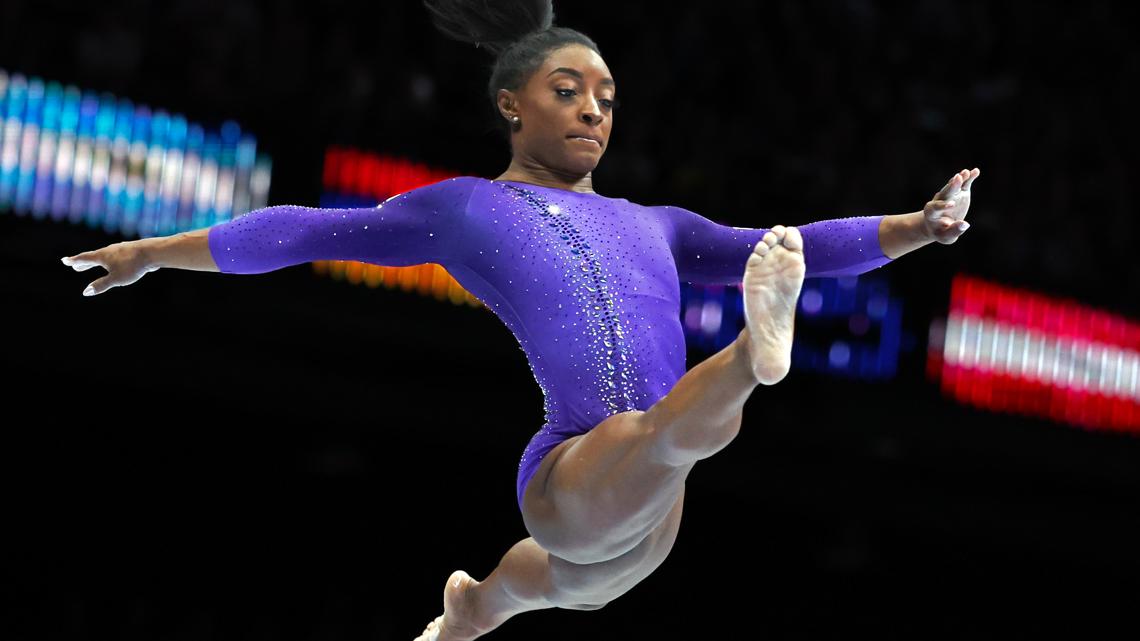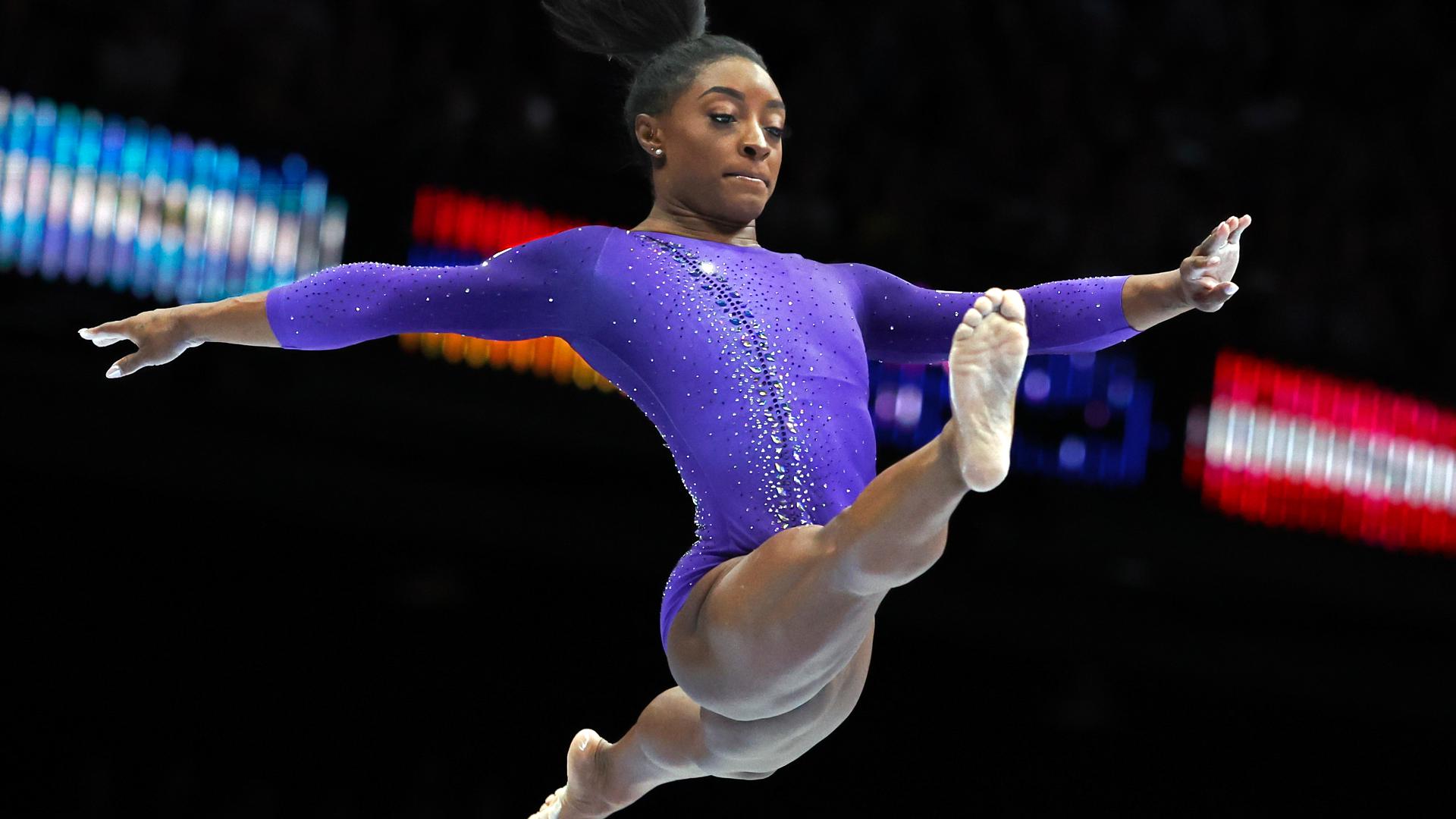PARIS, France — Gymnastics, among the most popular events of the Summer Olympics, has long captivated fans with its jaw-dropping jumps and twists that often seem to defy the laws of physics.
The sport dates back to ancient days, but it has come a long way since its inception.
At the Paris Olympics, there are three different disciplines: artistic gymnastics, rhythmic gymnastics and trampoline.
Artistic gymnastics
Artistic gymnastics is what most fans think of when they hear "gymnastics."
The sport was introduced at the first modern era Olympics in 1896, though women couldn't compete until 1928. It is made up of a number of individual competitions on different apparatus, as well as a team competition. There are specific apparatus for men's and women's competitions that require different skills.
Women compete in the floor exercise, vault, uneven bars and balance beam. Men compete on the pommel horse, rings, parallel bars, high bar and floor exercise.
Gymnasts are scored on difficulty and execution.


Rhythmic gymnastics
This event, which combines the acrobatics of gymnastics with dance, is for women only. Rhythmic gymnastics has both solo and team events.
Rhythmic gymnasts perform short routines to music while utilizing a ribbon, hoop, ball and club. They're judged on difficulty, artistry and execution.
Trampoline
The newest gymnastics event to join the Olympic lineup is trampoline, which made its debut at the 2000 Games in Sydney.
In this event, gymnasts soar more than 8 meters into the air and perform a series of twists, bounces and somersaults. They're judged on difficulty, execution and airtime.
There are no team events in trampoline, just men's and women's individual competitions.

